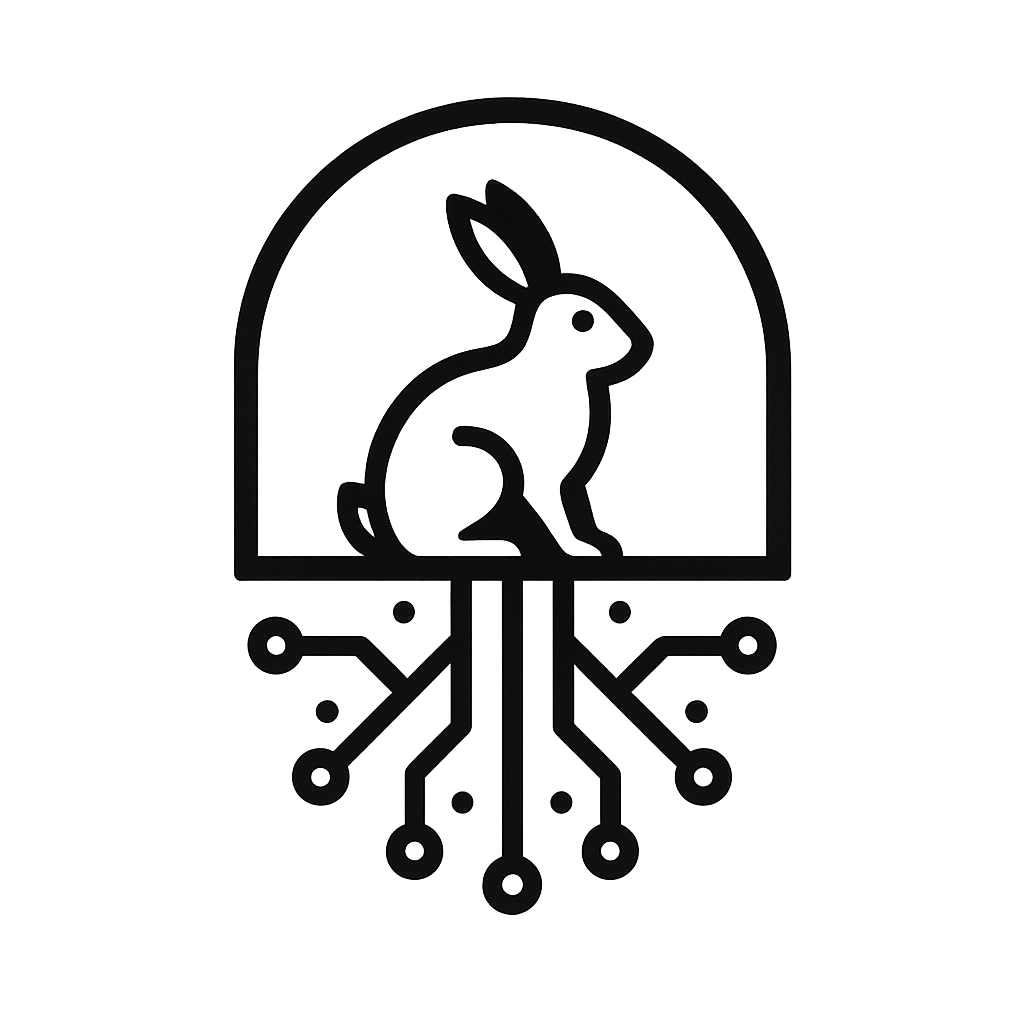Study of the Week: Your Grandma's Smart Home: Now with Extra Surveillance (Because We Care, Obviously)

Ah, the future! It's bright, it's connected, and apparently, it involves a deep learning algorithm listening intently to your grandma's every cough, creak, and the subtle thud of her nightly glass of warm milk hitting the bedside table. I'm talking, of course, about the thrilling advancements highlighted in the truly heartwarming study, "Real-Time Acoustic Scene Recognition for Elderly Daily Routines Using Edge-Based Deep Learning." Because nothing says "I love you" quite like a neural network analyzing the decibel levels of your bathroom breaks.
Now, before you start picturing some sort of benevolent Big Brother with a hearing aid, let's appreciate the pure altruism behind this endeavor. The paper's goal, ostensibly, is to provide "care" for our beloved seniors. And what better way to do that than by turning their homes into a data-collection goldmine, all under the guise of "acoustic scene recognition"? It's not surveillance, you see; it's proactive wellness monitoring. Subtle difference, really. Like the difference between a friendly pat on the back and an unsolicited full-body pat-down at the airport – both involve touching, but one feels a tad less invasive.
The brilliance here is "edge-based deep learning." For those of us not fluent in technobabble, this means the AI is doing its listening and processing right there in grandma's living room, not sending all her precious sound data up to some distant, anonymous cloud server. This, of course, is presented as a privacy boon. "Don't worry," they whisper, "we're only locally recording every burp, sneeze, and whispered confession to her cat." It's like having a private detective live in your house, but he promises not to send the juicy bits to headquarters. How comforting!
The study proudly details its ability to distinguish between various "daily routines", like walking, eating, cooking, sleeping. Imagine the future: "Grandma, the AI reports you only walked for 12 minutes today. Are you feeling ill, or are you just slacking off? The algorithm is judging you." It's not just about fall detection anymore; it's about optimizing her caloric intake based on the sound of her chewing, or ensuring her sleep schedule aligns with the perfectly calibrated "healthy senior" archetype stored in its digital brain. Forget personal autonomy; we have data-driven well-being!
And let's not forget the endless possibilities for "feature expansion." Today, it's just sounds. Tomorrow, perhaps it's analyzing the rhythm of her breathing, detecting the subtle changes in her gait through floor vibrations, or even inferring her mood from the frequency of her humming. Because who needs genuine human interaction, empathy, or the simple joy of a grandchild's visit when you can have a hyper-efficient, non-judgmental (unless it detects an "abnormal" deviation from the baseline) AI keeping tabs?
The truly hilarious part is how these technologies, born from a desire to "help," invariably develop a life of their own. Today, it’s acoustic monitoring for seniors. Tomorrow, the same underlying technology, with a quick code tweak and a marketing rebrand, could be "optimizing" productivity in open-plan offices by detecting "non-work-related" chatter, or "enhancing" public safety by identifying "suspicious" vocal patterns in public spaces. The algorithm that monitors your grandma is, truly, just one update away from policing you. It's the ultimate trickle-down effect: from the vulnerable, to the general population. A beautiful example of tech innovation, really.
So, the next time someone excitedly tells you about the latest AI for elderly care, just smile, nod, and perhaps remind them that "care" with an algorithmic ear is still, fundamentally, surveillance. And while it might ensure grandma doesn't fall unnoticed, it also ensures that absolutely nothing in her life will go un-cataloged. Sleep tight, knowing that somewhere, an algorithm is listening, learning, and possibly, silently judging your snack choices. Because, you know, it cares. Deeply. In a purely data-driven sense.
References:
Yang, H., Dong, R., R., Guo, Y., Che, X., Xie, J., Yang, and Zhang, J. (2025) 'Real-Time Acoustic Scene Recognition for Elderly Daily Routines Using Edge-Based Deep Learning', Sensors, 25(1746). Available at: https://doi.org/10.3390/s25061746.




